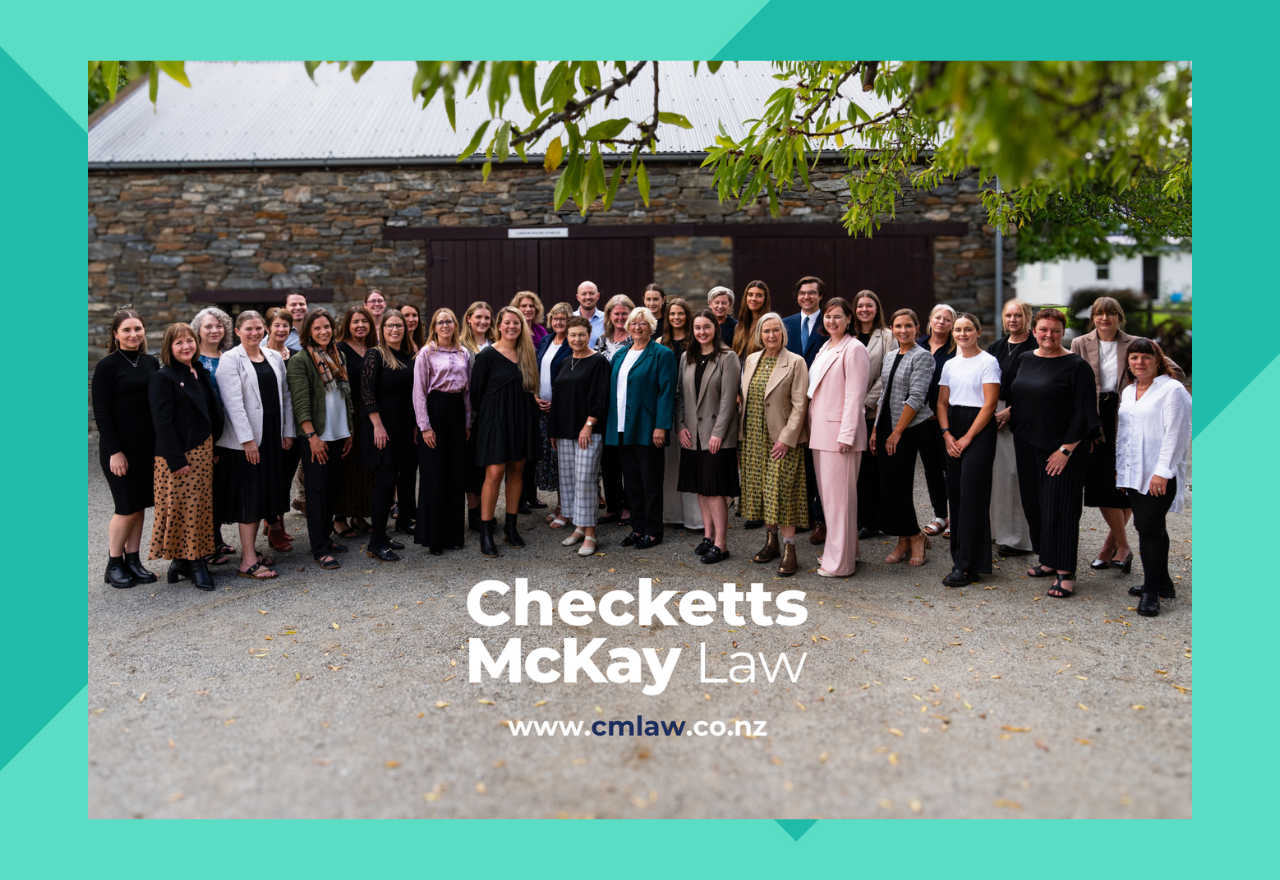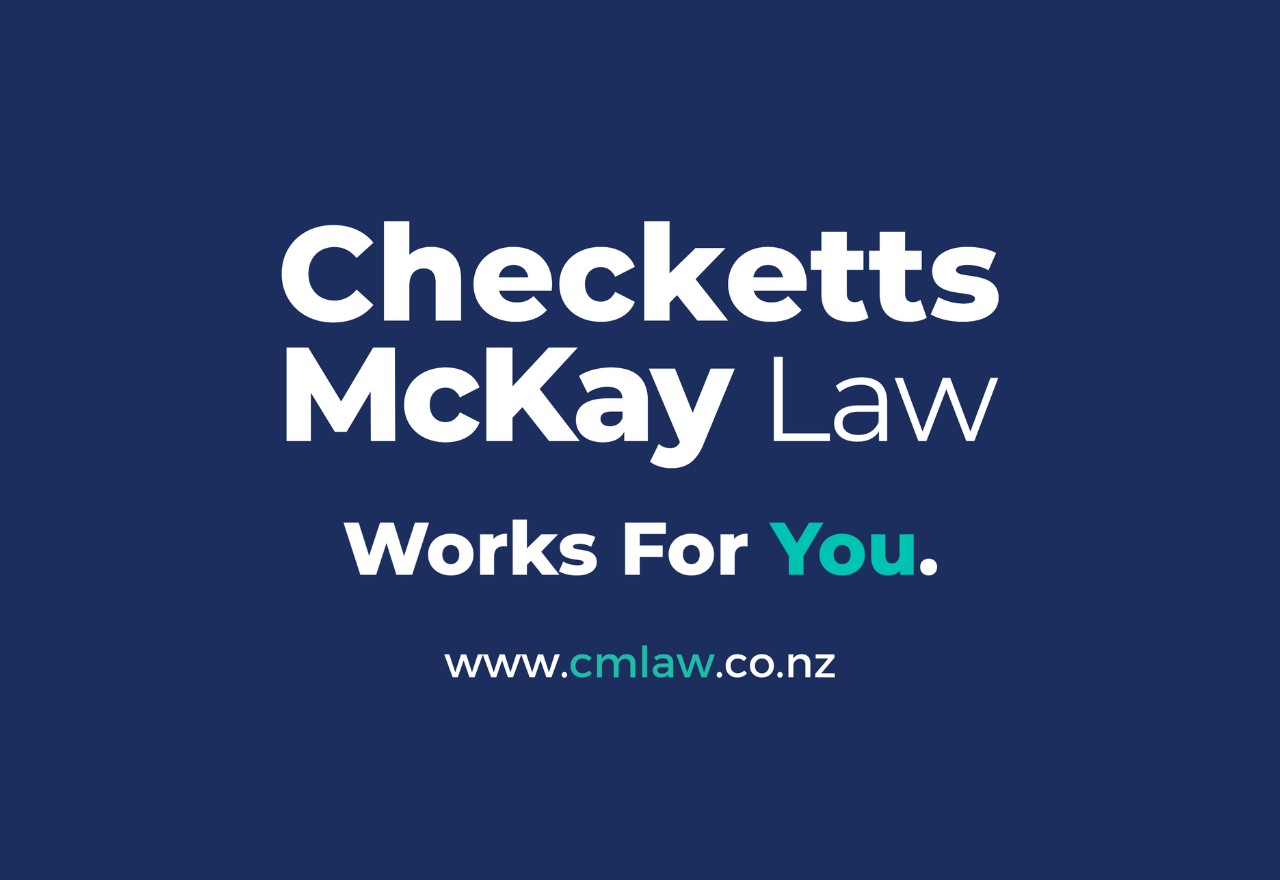Understanding Personal Grievances: What Employees and Employers Should Know (Law blog)
Caitlin Addison - Checketts McKay Law
30 October 2025, 8:00 PM

Workplaces are dynamic environments, and sometimes things can go wrong. When they do, New Zealand employment law provides a pathway to resolve these disputes, known as the personal grievance process.
Understanding how this works is important for both employees and employers, as it ensures workplaces operate fairly and allows for disputes to be resolved constructively.
In Central Otago, where many businesses are small and seasonal work is common, knowing your rights and obligations can make a big difference. A well-managed process can protect legal rights and help to maintain strong workplace relationships.
What Is a Personal Grievance?
A personal grievance is a formal complaint raised by an employee, or an ex-employee if they believe they’ve been treated unfairly at work. They exist to ensure fairness and accountability in employment relationships.
Common grounds for a personal grievance include:
- Unjustified dismissal – being fired without a valid reason or fair process
- Unjustified disadvantage – negative changes to work conditions without justification
- Discrimination or harassment – including racial or sexual harassment
Employees must raise a grievance within 90 days of the incident (or 12 months for sexual harassment claims). The process usually starts with a written complaint to the employer, followed by mediation if needed, and as a last resort claims to the Employment
Relations Authority or the Employment Court.
Unjustified Dismissal
This occurs when an employer:
- Lacks a valid reason for dismissal, or
- Fails to follow a fair process
Valid reasons can include serious misconduct, restructuring, or bullying. Even with a good reason, the dismissal may still be unjustified if the process wasn’t fair.
Unjustified Disadvantage
This happens when an employer’s actions negatively affect an employee’s work conditions without justification. Examples include:
- Removing responsibilities without explanation
- Making changes that hinder job performance
- Issuing an unjustified warning
For Employees: Know Your Rights
If you believe you’ve been treated unfairly you should seek legal advice to help you raise the issue with your employer. Ideally this should be in writing, be clear about what happened, how it affected you, and the resolution that you seek.
If the issue isn’t resolved, you can seek free mediation through the Ministry of Business, Innovation, and Employment (MBIE). In the event that a mediation fails, the matter can then be escalated to the Employment Relations Authority (ERA).
Potential remedies can include compensation for lost wages or emotional harm, reinstatement, and rectifying the disadvantage.
For Employers: Responding Fairly and Legally
As an employer, receiving a personally grievance can be challenging. It is important to continue to act in good faith, and engage in honest, open and constructive communications with your employee. Failure to do so can escalate disputes as well as damage confidence and trust. As an employer it is important to:
- Acknowledge the grievance
- Review the complaint thoroughly
- Follow a fair process and allow the employee to respond
- Seek legal advice
How to Avoid Grievances
Employers:
- Keep clear employment agreements
- Document decisions and processes
- Communicate openly and early
Employees:
- Raise concerns promptly
- Keep written records
- Seek advice before escalating
The Cost of Getting it Wrong
Personal grievances can be expensive and stressful for both sides. Employers may face compensation orders for lost wages and emotional harm, legal costs, and reputational damage. While employees can experience financial hardship during disputes, as well as emotional strain and uncertainty. Seeking legal advice and an early resolution through open communication and mediation can often save time and relationships.
Why This Matters Locally
In Central Otago, where many businesses are small and there is a strong sense of community, handling employment issues with care and sensitivity is especially important. A well-managed personal grievance process not only protects legal rights but it also helps to preserve relationships and work place culture.
How Checketts McKay Can Help
At Checketts McKay, we assist both employers and employees with practical and timely advice. Whether you need help drafting employment agreements, raising a grievance, or navigating mediation our employment team can guide you through the process. We aim to resolve issues early and constructively, reducing the stress and cost for everyone involved.
17 Dunmore Street, Wānaka


